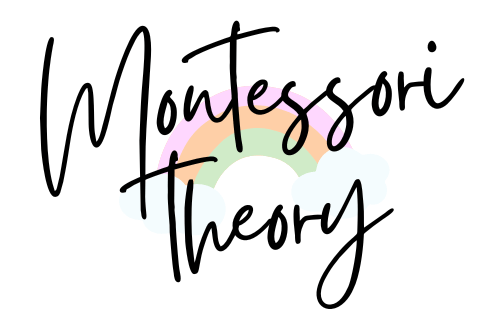Choosing the right educational path for your child is an important decision, and one that can have long-term implications for their academic success. With more schools transitioning from traditional to Montessori-style education, this article will explore the benefits of Montessori schools, and how both parents and children can make a successful transition from traditional school to Montessori elementary.
What is Montessori Elementary Education?
Montessori elementary education is a child-centered educational approach that emphasizes independence, creativity, and collaboration. In Montessori classrooms, children are free to move about and work at their own pace on self-directed activities. Montessori teachers provide guidance and support as needed, but ultimately allow each child to discover and learn in his or her own way. This hands-on, individualized approach to learning is based on the educational philosophy of Italian physician and educator Maria Montessori. Dr. Montessori believed that all children have a natural desire to learn, and that they should be given the opportunity to explore their interests and develop their abilities to the fullest potential. In Montessori education, children are encouraged to work at their own pace and to follow their interests. The Montessori philosophy stresses the importance of developing a love for learning, rather than simply acquiring knowledge. Today, there are thousands of Montessori schools around the world serving children of all ages, from infants and toddlers through elementary school and beyond. If you’re considering a Montessori elementary school for your child, here’s what you need to know.
What are the benefits of Montessori learning?
There are many benefits to Montessori elementary school, including the development of independent learning, a strong sense of community, and a focus on hands-on learning. However, there are also some drawbacks to this type of schooling, such as the lack of standardized curriculum and the high cost of tuition. 
How do I pick the right Montessori school for my child?
There are a few key things to look for when choosing a Montessori school for your child. First, make sure that the school is accredited by the American Montessori Society (AMS). This ensures that the school meets high standards for quality and curriculum. Second, ask about the teacher-to-child ratio. In Montessori classrooms, this should be no more than 1:20. This allows for individualized attention and ensures that each child gets the help they need. Finally, take a tour of the school and observe a class in action. This will give you a good sense of whether or not the school is a good fit for your child.
How Montessori Schools Are Different from Traditional Schools?
Montessori elementary schools are very different from traditional elementary schools. Montessori’s classrooms are generally smaller and more intimate, which allows teachers to get to know each child better and tailor their teaching to the child’s needs. Children also learn to work independently and make decisions for themselves. In traditional schools, the teacher is the primary source of information and knowledge. In Montessori schools, students are encouraged to be active participants in their own learning through hands-on exploration. In a Montessori school, children are encouraged to explore their own interests and develop their talents and skills. Teachers emphasize hands-on learning and provide children with activities and materials that allow them to learn on their own. Traditional schools typically have large class sizes with students of all ability levels. Montessori elementary schools have small class sizes and each student works at his or her own pace.
What are the steps for transitioning to a Montessori elementary school?
Starting a new school can be a daunting experience for any child, especially if they are transitioning to a new educational approach like Montessori. However, with the right support and preparation, the transition can be smooth and successful. Here are some steps that parents can take to help their child adjust to Montessori school life.
- Research the Montessori method: It’s important to understand the philosophy and approach of Montessori education so you can support your child’s learning and growth.
- Visit the school: Most Montessori schools offer tours or open houses for prospective families. This is a great opportunity to see the classrooms and meet the teachers.
- Prepare your child: Talk to your child about the transition to a new school and address any concerns they may have.
- Set up a routine: Establish a consistent routine for homework and other school-related activities to help your child feel more organized and prepared for school.
- Support your child’s independence: Montessori education places a strong emphasis on independence, so it’s important to encourage your child to take responsibility for their own learning and actions.
- Communicate with the teacher: Keep in touch with your child’s teacher to stay informed about their progress and any areas where they may need extra support.
How can parents support their child’s transition to Montessori school?
Parents can help their child adjust to Montessori school life by encouraging them to be curious and explore their new environment. Parents can also help their child prepare for their new school by giving them information about the school and the Montessori method and by talking to them about the teachers and other children. Parents should also be prepared to support their child and keep up to date on their progress. Making the transition to Montessori elementary school can be exciting and rewarding for you and your child. The benefits of the Montessori method are many and it is important to learn about the school’s philosophy before making a decision.


